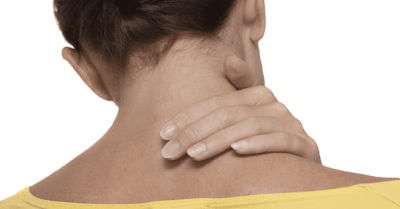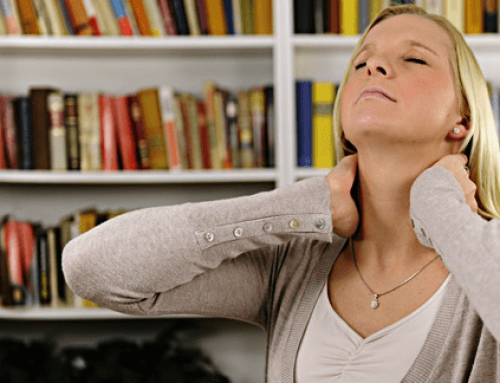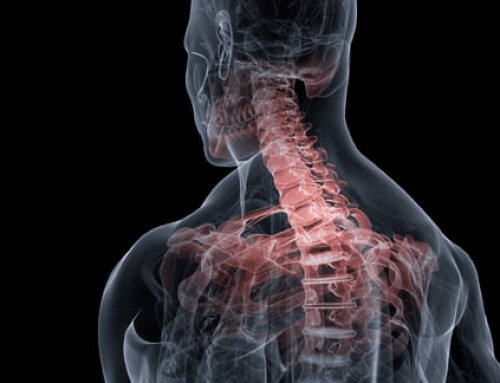 Neck pain is a very common complaint that Pro Rehab chiropractors treat on a regular basis. Most people will experience neck pain during their lifetime that requires professional care and the choice between chiropractic or some other form of healthcare certainly exists. Chiropractic is a non-drug, non-surgical option many find appealing because of the many side effects of medications and no one wants to consider surgery unless it’s absolutely necessary and everything else has been tried first.
Neck pain is a very common complaint that Pro Rehab chiropractors treat on a regular basis. Most people will experience neck pain during their lifetime that requires professional care and the choice between chiropractic or some other form of healthcare certainly exists. Chiropractic is a non-drug, non-surgical option many find appealing because of the many side effects of medications and no one wants to consider surgery unless it’s absolutely necessary and everything else has been tried first.
The Bone and Joint Decade 2000-2010 Task Force on Neck Pain and Its Associated Disorders published some good, sound statements about neck pain of which a few include:
- In most cases, don’t expect anyone to find a single “cause” for your neck pain.
- Stay as active as you can; simple exercises and reducing mental stress can help.
- A combination of therapies, including chiropractic care with Dr. James Sheehan at Pro Rehab Wilmington, may be needed.
First, trying to identify the “cause” of your neck pain is often tricky and sometimes impossible to trace. Don’t worry, that’s “normal” as most patients cannot trace it to one specific cause because it’s multifactorial or caused by more than one event, often over a period of time.
Second, staying active and performing exercises can greatly help to reduce and sometimes prevent neck pain. One particular exercise that can be done multiple times per day and even in public places, as it’s not too conspicuous, is called chin tucks. Let’s try it together! While sitting, look straight ahead and tuck your chin towards your chest or glide your head backwards. Hold the tucked position until you feel fatigue, which usually takes 5-15 seconds, and then slowly release the head poking your chin forwards in the opposite direction. Looking at this from the side, it sort of looks like a chicken when they walk! Repeat this exercise and emphasize the slow release, as if you’re in “slow motion,” gliding forwards and backwards holding the endpoints for 5-15 seconds per repetition. Start with 5 reps and over time, gradually increase the reps to 10 and repeat this several times each day. As a postural retraining process, when you’re sitting in your car, at your desk, watching TV, or in meetings, partially tuck in your chin so that the weight of your head (which is approximately 15 pounds or 6.8 kg) is centered back over your upper back and not poking forwards. This will GREATLY reduce the amount of muscle tension that commonly builds up during the day due to the increased muscle activity that is required to hold the weight of the head when it’s too far forward and away from the center of the body. Constantly remind yourself by maintaining a partial “chin tuck” during the day and perform the gliding exercises periodically, at least 3 times a day. Be patient as it takes about 3 months for this “new” posture to become automatic and your new “normal” habit.







